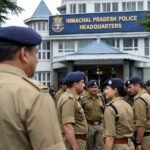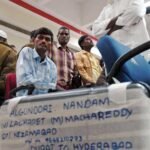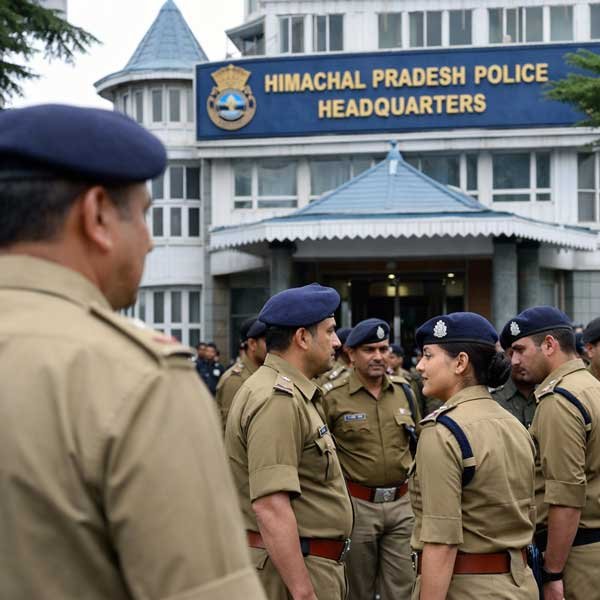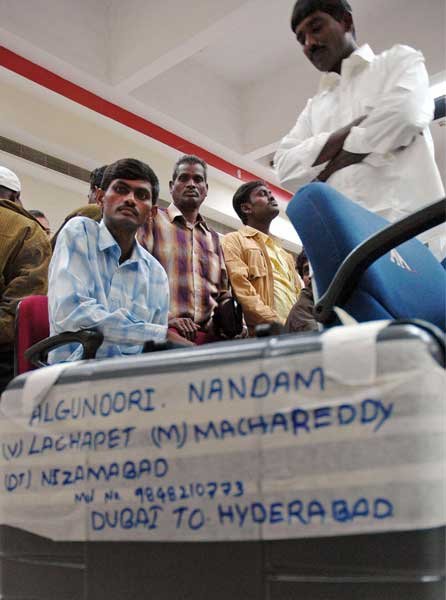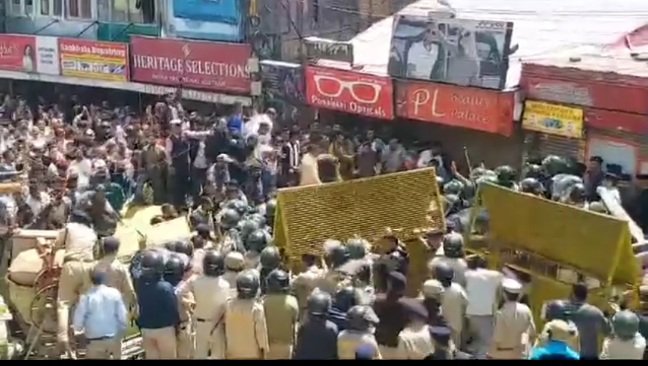
Old photo of the Sanjauli protest. Used for indicative purpose only.
Shimla, Oct 24,
Controversy over increasing communal divide in peaceful and culturally sound state of Himachal Pradesh has started a full-fledged legal battle in the High court. In the latest a Public Interest Litigation (PIL) filed by Tikender Singh Panwar former Deputy Mayor of Shimla here yesterday which centered around rising communal tensions in Shimla, particularly related to the unauthorized construction of mosques and the labeling of certain street vendors as migrants.
Panwar’s petition alleges that two Himachal Pradesh cabinet ministers, Anirudh Singh and Vikramaditya Singh, have made inflammatory public statements on the floor of the Assembly and other platforms, which have contributed to communal tensions between religious groups.
The petition accuses the Rural Development Minister of delivering a speech on September 4, 2024, questioning the legality of the construction of a mosque in Sanjauli, Shimla. The minister according to the PIL had claimed that the mosque was built illegally on government land and referenced legal proceedings against the construction, which allegedly escalated the communal situation by targeting one religious community. This speech, according to petitioner, ignited hate campaigns against the Muslim community and emboldened certain groups to demand the removal of the mosque and other Muslim habitations.
Further in the petition, the Public Works Minister is accused of making remarks at a meeting on September 26, 2024, wherein he mandated the disclosure of personal information by street vendors, following a similar policy in Uttar Pradesh. Singh is reported to have insisted that street vendors and shopkeepers display their names and identities prominently, which the petitioner contends was a veiled attempt to single out vendors from minority communities, thereby leading to their potential social and economic ostracism. This directive, according to Panwar, mimics policies in other states where such measures have led to discrimination against Muslims.
The petitioner argues that these statements and directives by the ministers have severely disrupted the traditionally harmonious coexistence in Shimla, leading to protests, social boycotts, and threats against minority communities, particularly Muslims. Hindu organizations have also been staging rallies demanding the abolition of the Waqf Board, which they allege is involved in illegal land acquisitions for mosque construction. These developments have further fueled tensions in the region.
Panwar’s petition claims that the ministers’ actions violate fundamental rights enshrined in the Constitution, specifically Articles 14, 15, 19, and 21, which guarantee equality before the law, non-discrimination, freedom of speech, and the right to life and personal liberty, respectively. The petitioner argues that the ministers’ speeches and directives amount to constitutional torts, as their actions have led to tangible harm, including the deterioration of Shimla’s tourism economy due to fears of communal violence.
Panwar is seeking judicial intervention to quash the directives and speeches made by the ministers, claiming that their actions have unlawfully targeted the Muslim community and violated constitutional protections, thereby jeopardizing communal harmony and economic stability in Shimla.
The High Court has issued notices to the ministers, making them parties in the matter. The next date of hearing this matter has been schedued for November 13.

The HimachalScape Bureau comprises seasoned journalists from Himachal Pradesh with over 25 years of experience in leading media conglomerates such as The Times of India and United News of India. Known for their in-depth regional insights, the team brings credible, research-driven, and balanced reportage on Himachal’s socio-political and developmental landscape.

